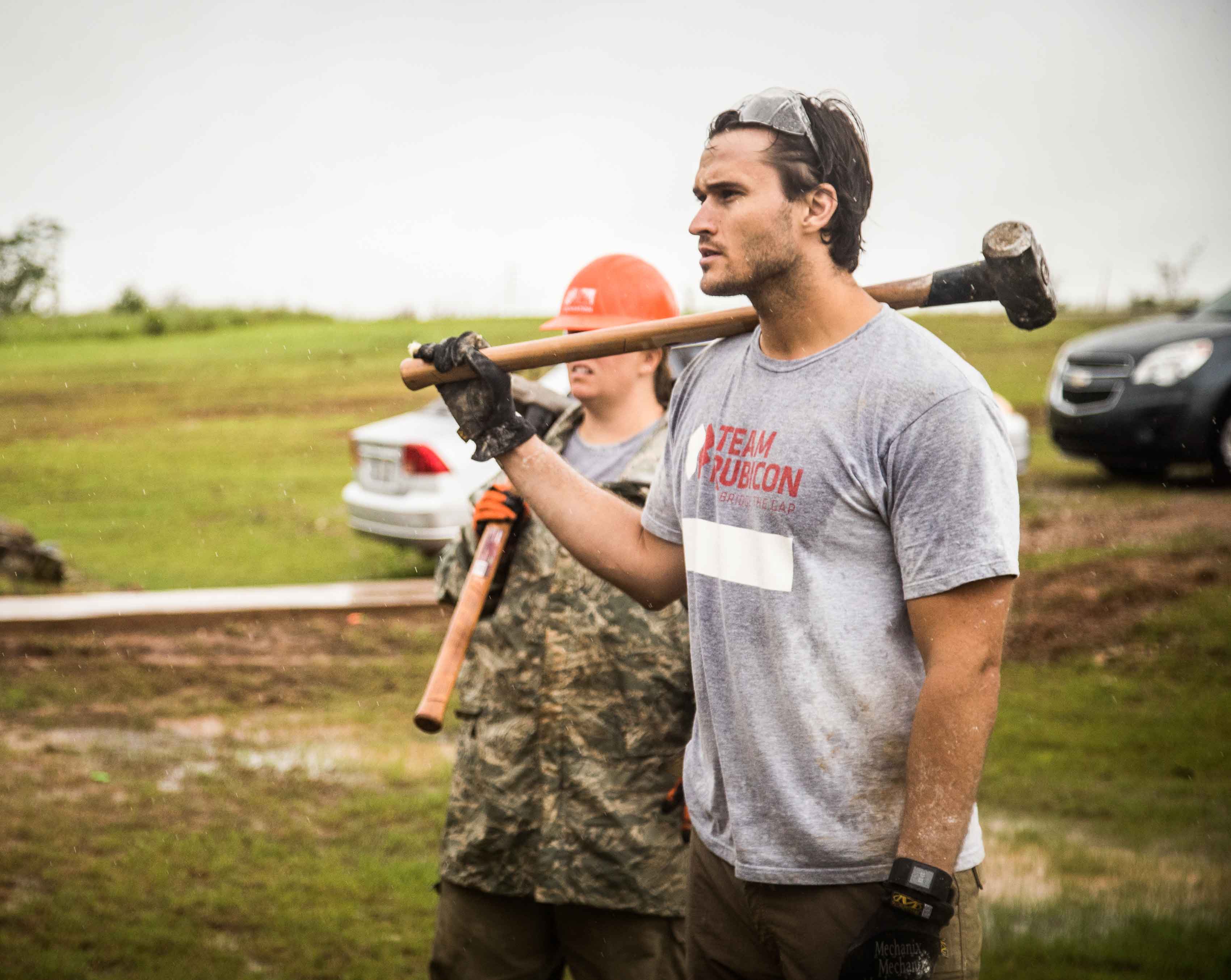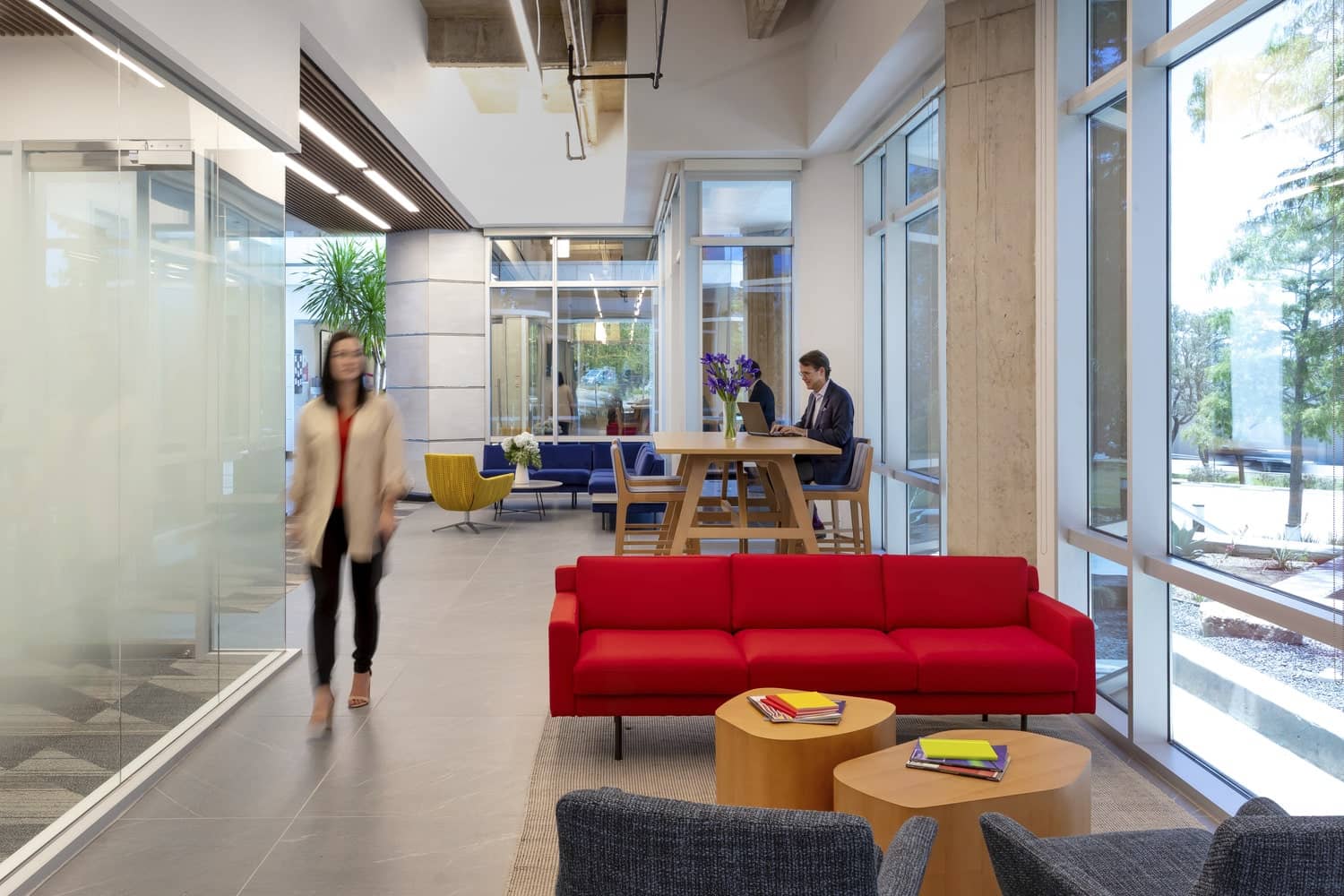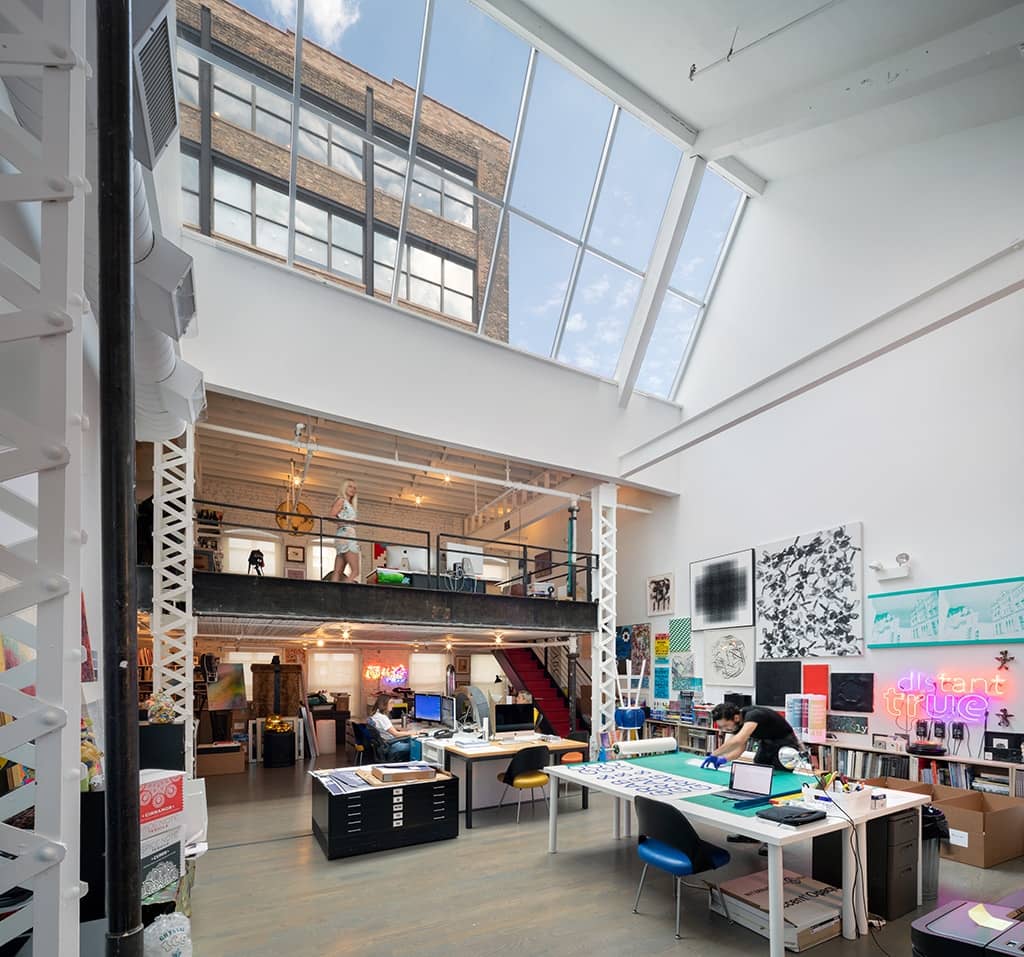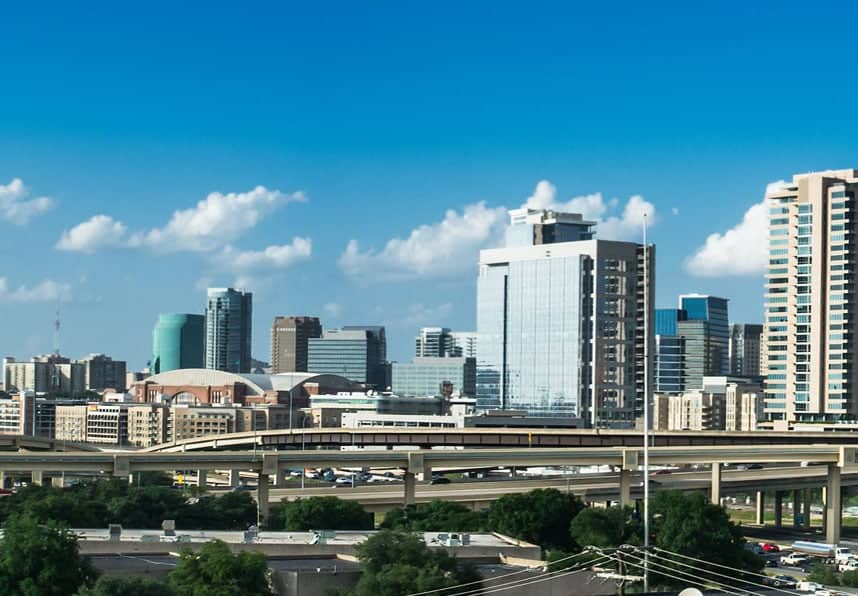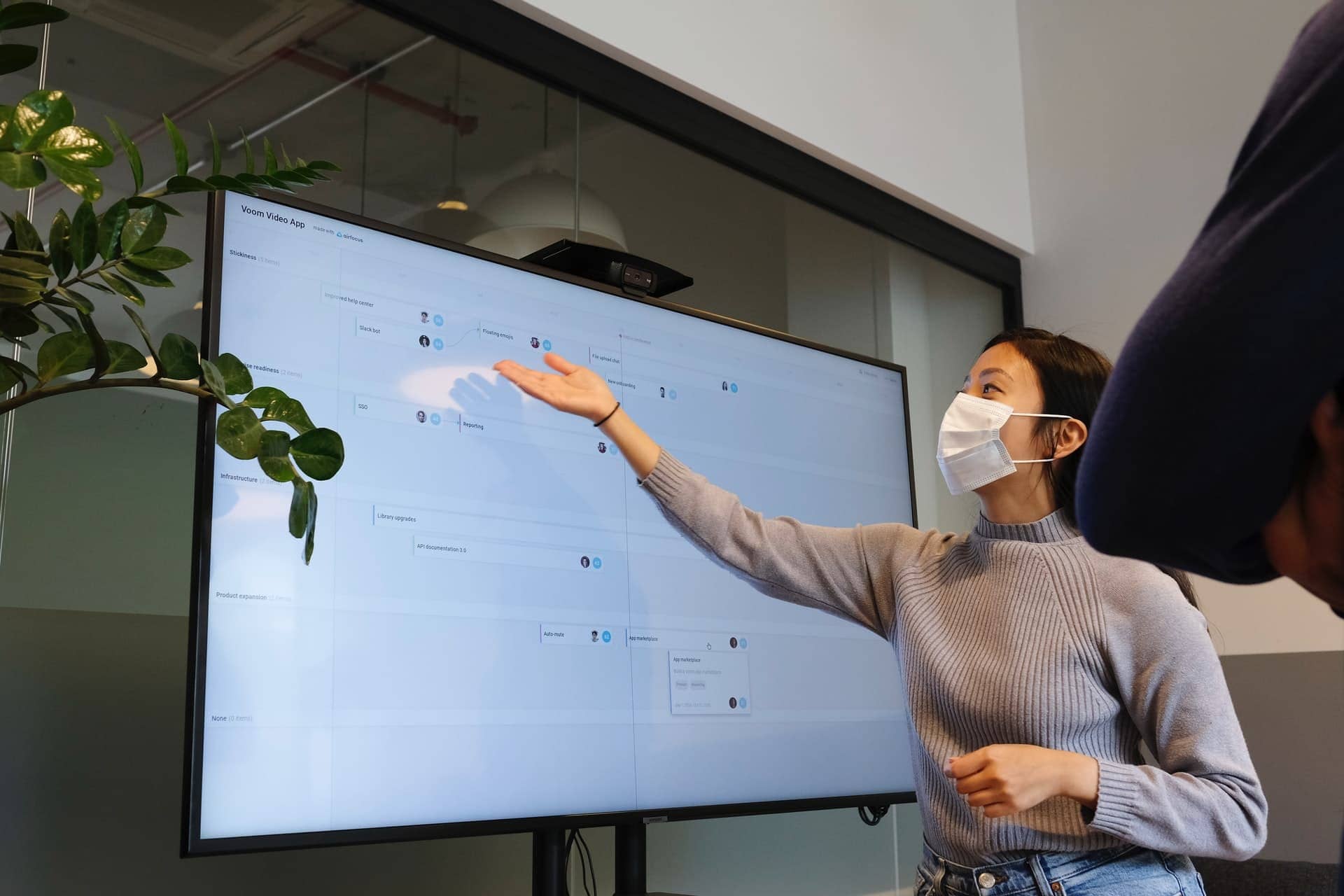KBS: Jake, what is it that attracts you to chaos?
Jake Wood: We’re coming out of the gates with that question, huh? I guess I’ve always been a competitive person, and I think I found out early on that I’m pretty good at navigating ambiguity and uncertainty and dynamic environments. I think responding to emergencies makes me feel alive. I don’t know that stability is really something that I’ve searched for in life, whether it’s in athletics or the military or being an entrepreneur. I just kind of enjoy the opportunity that’s afforded in chaos.
KBS: Did you come from a military family?
Jake: I didn’t. My dad actually worked in manufacturing for a big conglomerate that moved him around to different factories in various states of non-profitable status.
KBS: Where did you attend college?
Jake: I attended the University of Wisconsin Madison from 2001 to 2005 on a full athletic scholarship to play football. Coach Alvarez recruited me. It turns out I wasn’t all that good at playing football, but it was an incredible experience.

In college, Jake (left) played for the University of Wisconsin Badgers.
KBS: You had to set the standard every day for your team. How do you do that?
Jake: In the Marine Corps they often define the standard for you, but it’s your job as a leader to live it every day. The people that are following you don’t care about the 99 times you live up to it. They care about the one time that you don’t. So there’s this burden of perfection on leadership that is daunting and in many ways crushing — but what I tell people is too bad. That’s the price, right? If you don’t want to bear that burden then you should rethink what your role is.
KBS: In a number of leadership events you have spoken at, you refer to a principle known as “The One and the Nine.” Can you explain that?
Jake: The one and the nine refer to an ancient philosopher, Heraclitus, from Greece who had a parable of the 100 men that go into battle. He talks a lot about the 90 people that really don’t have any impact, including the 10 that shouldn’t be there and the 80 that have no impact, and then he ends it by talking about these nine who are the fighters and make the battle and the one person who’s responsible for bringing them all home. What I try to tell our organization or any organization I speak to is that you don’t have to resign yourself to having these 90 people who have no impact on the bottom line of your company. You should really focus on how do you identify people who can commit to the vision and the mission that you have? How you build a culture that guides their decisions in the absence of orders. Then finally how do you aspire to be that type of person that others turn to in times of chaos and uncertainty? If you can do that, if you can build that type of leadership density throughout your organization, then you can have an organization that’s fast, that’s resilient, that’s flexible. It can make the difference between winning and losing in any industry and any sector. Those three things are gonna usually win the day.
KBS: You ended your term of service but later went back to scout sniper school in 2008. What led you in that direction?
Jake: While I was in Iraq in ’07, my squad did some work with a scout sniper team, and I grew to admire the men on that team. They were proficient, mature and highly intellectual. A lot of adjectives people probably typically wouldn’t attribute to snipers, right? They were just the types of people I wanted to associate with. The Marine Corps only graduates about 80 to 100 snipers a year from their schools, with a 60 to 70 percent failure rate. It’s one of the hardest schools in the military. Ultimately I was assigned into a six-man scout sniper team in Afghanistan.
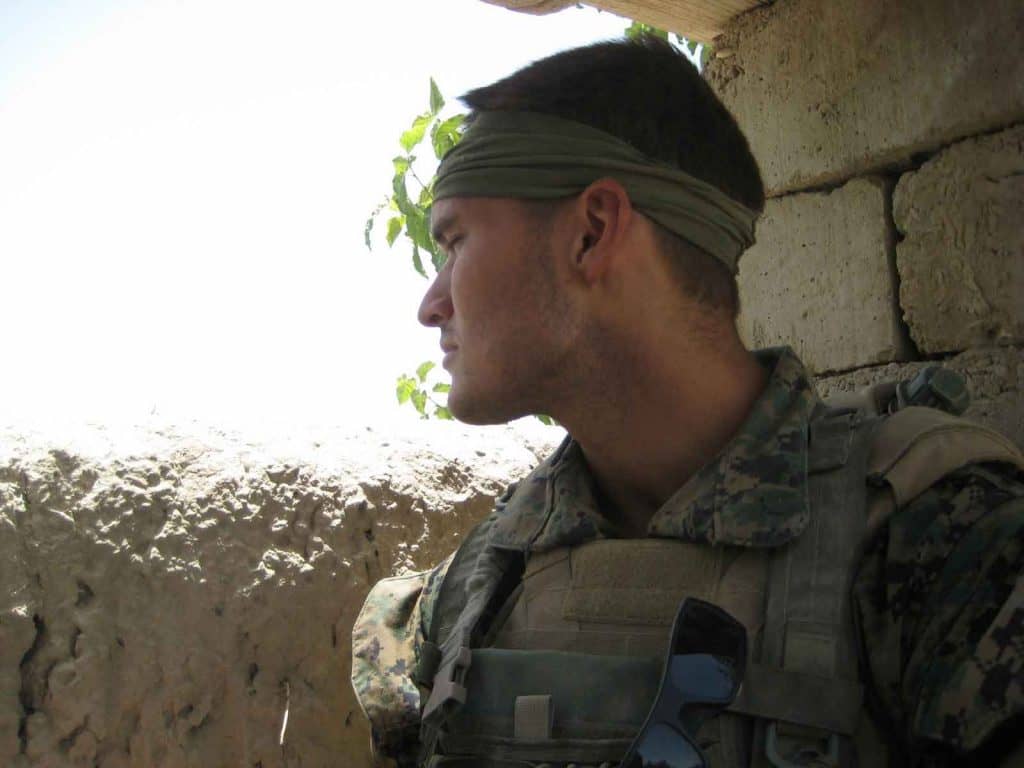
KBS: When you finally came home in what directions were you being pulled?
Jake: This was 2009 — the height of the pirate scare off the Horn of Africa, and so all of these security and shipping companies were paying ridiculous sums of money to snipers to run security contracts for ships. At $1,000 a day you could go to be a pirate security guard, which I thought sounds kind of cool — go hunt pirates. I ended up not doing that. I always wanted to be an entrepreneur. I never really knew how that would manifest itself so I went to business school to figure out what was next.
KBS: Everything changed for you in 2010 when a massive 7.8 earthquake hit the Caribbean country of Haiti. How did you personally respond to this?
Jake: I’d been out of the Marine Corps not even three months when it happened. I sat there for a couple hours and just watched that unfold on TV, and then I kind of got a wild idea to call a couple of organizations and see if they’d let me volunteer with them. I probably called two or three, and they all said the same thing: “Thanks, but no thanks. Just text us $10.00. Leave it to the pros.” I thought, well, I’m kind of a pro. This is the type of situation where I thrive. So not wanting to take no for an answer I called a handful of buddies, my friend William McNulty and my college roommate Jeff Lang, and we got a group of eight people together and got down to Port-au-Prince about four days after the earthquake.
KBS: Did you have any idea what you were going to do?
Jake: We had an idea for what we could do. We went and grabbed a bunch of medical supplies, and the idea was just to go down there, at least just deliver these supplies and help who we could. We thought we’d be down there for about five to six days. That’s about all the supplies that we took. In total, the team, which really grew from eight to about 50 or 60, was down there for about 20 days, treated a few thousand people, and the idea just really took off.
KBS: Did major media catch wind of what your team was doing?
Jake: Yeah, well, situations like that — we call them these Anderson Cooper moments, right? The world is paying attention. CNN and every other network’s down there. People are looking for good stories. There are more than enough stories of despair and trauma and loss, and those stories need to be told, but people are looking for stories of hope. I think we offered that for people. This idea that there were a bunch of Iraq and Afghanistan veterans running around Port-au-Prince — off the radar of the major aid agencies helping people — got positioned a bunch of different ways. Cutting through the bureaucracy, whatever it was, it was this story of hope, kind of like this American spirit of grit and tenacity. So it really caught fire with local media and some online blogs, enabling us to raise money and execute the mission. Those first couple days were insane. I often say it was like the Wild West in Port-au-Prince for the first week. The first couple days we were going to these informal internal camps, with people sleeping under bedsheets in the hot Caribbean sun. They were like Civil War battlefields. Having seen a lot of war trauma, there was a lot of similarity.
KBS: In what ways?
Jake: No gunshot wounds, but you had people with limbs amputated from falling cinder blocks. You had people with horrific open wounds that were festering with gangrene and infection, and so you really had to cut through the chaos you observed and just prioritize who needed help and make really tough decisions about who needed help, who could be helped and who couldn’t be helped. It takes a certain mindset to make those life-and-death decisions.
KBS: Did you have a team doctor?
Jake: We didn’t travel down with doctors — we actually found them on the way. I was literally at the Santo Domingo airport in the Dominican Republic, and my bag had been lost on the way from Miami. So I’m sitting there, and I’m looking at this empty baggage belt. The only other person whose bag was lost was wearing scrubs, and he walks over to me and says, “Hey, you look like you’re going to Haiti.” I said, “Yes.” He said, “I used to volunteer with the Red Cross, but I haven’t been able to get ahold of them. I’d love to travel with you into Haiti.” He was an emergency room doctor from Washington, D.C., and a former Army vet from Vietnam. It was just fortuitous.

Jake immediately went to work in Haiti setting up mobile triage stations and helping thousands of people in the days after the massive 7.8 quake
KBS: When you finally came home in what directions were you being pulled?
Jake: This was 2009 — the height of the pirate scare off the Horn of Africa, and so all of these security and shipping companies were paying ridiculous sums of money to snipers to run security contracts for ships. At $1,000 a day you could go to be a pirate security guard, which I thought sounds kind of cool — go hunt pirates. I ended up not doing that. I always wanted to be an entrepreneur. I never really knew how that would manifest itself so I went to business school to figure out what was next.
KBS: Everything changed for you in 2010 when a massive 7.8 earthquake hit the Caribbean country of Haiti. How did you personally respond to this?
Jake: I’d been out of the Marine Corps not even three months when it happened. I sat there for a couple hours and just watched that unfold on TV, and then I kind of got a wild idea to call a couple of organizations and see if they’d let me volunteer with them. I probably called two or three, and they all said the same thing: “Thanks, but no thanks. Just text us $10.00. Leave it to the pros.” I thought, well, I’m kind of a pro. This is the type of situation where I thrive. So not wanting to take no for an answer I called a handful of buddies, my friend William McNulty and my college roommate Jeff Lang, and we got a group of eight people together and got down to Port-au-Prince about four days after the earthquake.
KBS: Did you have any idea what you were going to do?
Jake: We had an idea for what we could do. We went and grabbed a bunch of medical supplies, and the idea was just to go down there, at least just deliver these supplies and help who we could. We thought we’d be down there for about five to six days. That’s about all the supplies that we took. In total, the team, which really grew from eight to about 50 or 60, was down there for about 20 days, treated a few thousand people, and the idea just really took off.
KBS: Did major media catch wind of what your team was doing?
Jake: Yeah, well, situations like that — we call them these Anderson Cooper moments, right? The world is paying attention. CNN and every other network’s down there. People are looking for good stories. There are more than enough stories of despair and trauma and loss, and those stories need to be told, but people are looking for stories of hope. I think we offered that for people. This idea that there were a bunch of Iraq and Afghanistan veterans running around Port-au-Prince — off the radar of the major aid agencies helping people — got positioned a bunch of different ways. Cutting through the bureaucracy, whatever it was, it was this story of hope, kind of like this American spirit of grit and tenacity. So it really caught fire with local media and some online blogs, enabling us to raise money and execute the mission. Those first couple days were insane. I often say it was like the Wild West in Port-au-Prince for the first week. The first couple days we were going to these informal internal camps, with people sleeping under bedsheets in the hot Caribbean sun. They were like Civil War battlefields. Having seen a lot of war trauma, there was a lot of similarity.
KBS: In what ways?
Jake: No gunshot wounds, but you had people with limbs amputated from falling cinder blocks. You had people with horrific open wounds that were festering with gangrene and infection, and so you really had to cut through the chaos you observed and just prioritize who needed help and make really tough decisions about who needed help, who could be helped and who couldn’t be helped. It takes a certain mindset to make those life-and-death decisions.
KBS: Did you have a team doctor?
Jake: We didn’t travel down with doctors — we actually found them on the way. I was literally at the Santo Domingo airport in the Dominican Republic, and my bag had been lost on the way from Miami. So I’m sitting there, and I’m looking at this empty baggage belt. The only other person whose bag was lost was wearing scrubs, and he walks over to me and says, “Hey, you look like you’re going to Haiti.” I said, “Yes.” He said, “I used to volunteer with the Red Cross, but I haven’t been able to get ahold of them. I’d love to travel with you into Haiti.” He was an emergency room doctor from Washington, D.C., and a former Army vet from Vietnam. It was just fortuitous.
“
We’ve been building what we hope to become the best disaster response organization in the world.
KBS: Did Haiti help lay the foundation for what Team Rubicon is today?
Jake: It was the foundation. We didn’t plan Team Rubicon. It’s not like we thought of it in a business school competition. We went with no expectation of starting an organization, but we discovered that there was a problem and we might have a solution. That’s how any good business idea starts. So we came back and decided to incorporate as a 501(c)(3), and for nine years since Haiti we’ve been building what we hope to become the best disaster response organization in the world.
KBS: How have vets helped to alleviate human suffering and made an impact through Team Rubicon’s efforts?
Jake: We have a lot of veterans who have service in their heart. It’s a part of their DNA. They join the military out of a sense of service, a higher calling. Our taxpayers have invested a lot of money in providing them with training and skills, and when they get out of the military they don’t necessarily want their service to be done. We’ve recruited nearly 100,000 volunteers in the organization, and they give of themselves to help people in their worst day, putting that skill and goodwill to use. It’s a part of who they are — fulfilling that best sense of themselves.
KBS: The purpose of your organization is to help in national and global disasters, but is there a byproduct of this for veterans willing to join hands with Team Rubicon?
Jake: By giving these veterans the opportunity to continue to serve, they really do discover this sense of purpose, this sense of community and this sense of identity. Many veterans spend the formative years of their life in the military wearing a uniform with this noble calling. Many of them get out, and they discover that it’s really actually hard to recreate that, whether it’s going and being a mechanic or going and being a student or whatever it might be that they do. We’re able to give them a new sense of community that in many ways is the same as that band of brothers or sisters they had in the military, and then finally that sense of identity. When you wear the uniform of our country, you’re proud. You look in the mirror, and you’ve got ribbons on your chest and rank, and people will shake your hand in the airport and all that stuff. You come out, you take that uniform off for the first time, and nobody really cares anymore. So you give them a new uniform, and suddenly they’re proud of who they are again. It’s pretty powerful.
KBS: Are vets’ skill-sets underutilized after they leave the military?
Jake: I think what blows my mind as a businessman is that we have 20 million veterans in the U.S. We’ve probably invested $1 trillion in those 20 million people. That’s not even counting the money we spent deploying them overseas. That’s just in their training. So when they get out of the military we don’t ask them to do anything with it. Some of them will take it and they’ll go be a police officer. Some of them will take it and they were a combat engineer in the Army, and they’ll go work for an engineering firm in Omaha. We’re not as taxpayers asking, “Hey, what can you continue to give back?”
I think a lot of people are afraid to ask them to continue to give back. A lot of people say we’ve already asked so much of them. How can we possibly ask more? In my opinion, I think that veterans are hoping to be asked for more. I think psychologically as human beings, we want to feel like we are needed, and I think that’s particularly true for veterans.
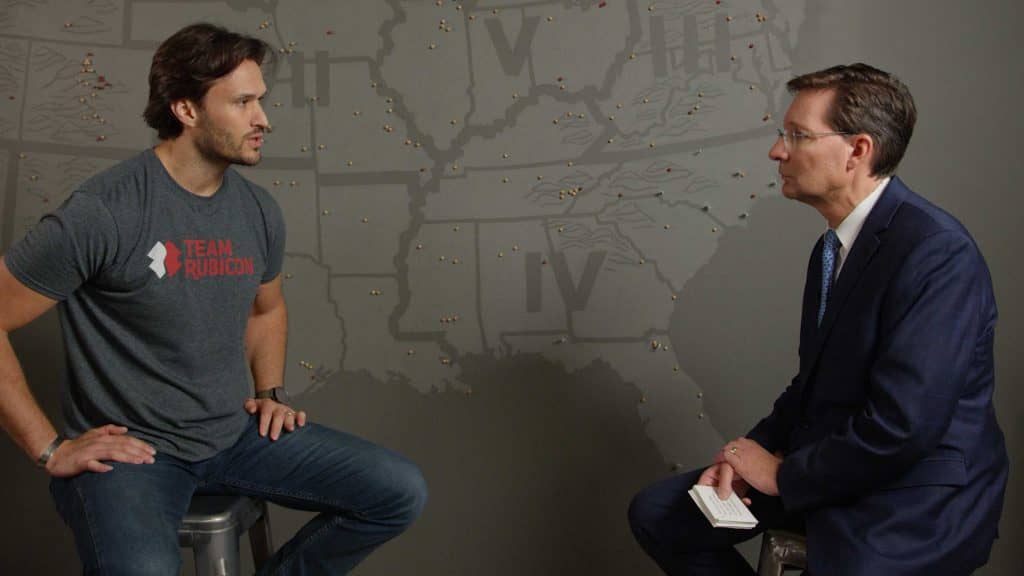
KBS: Let’s talk about Team Rubicon today. How many are on the TR team?
Jake: We have about 150 full-time staff and another 100 or so part-time contracts. So about 250 are on our payroll. We’ve got about 1,500 volunteer leaders who put about 20 to 30 hours a week in overseeing various functional areas of responsibility at regional, state, or local levels. The size of the iceberg is below the surface, right? So beyond that we’ve got nearly 100,000 registered volunteers, and among them about 70 percent are military veterans. The other 30 percent, include a lot of police, fire and emergency services, but there’s really no requirement that anybody have any specific background. We’ll take anybody who’s willing to work hard, be humble, and get trained.
KBS: How many disasters do you respond to in a year?
Jake: We’ll respond to about 90 this year, but there’ll be 200 that we didn’t respond to. Since our inception we’ve done about 350. So year over year, the number that we’re going to is increasing significantly.
“
We run about a $30 million annual budget and it’s all philanthropy.
KBS: What are some of the largest disasters Team Rubicon has responded to?
Jake: If you’ve heard of it, we’ve probably been there, so ranging from Hurricanes Harvey, Irma, and Maria last year, where we deployed probably close to 3,000 people across all three of those disasters, to the Nepal earthquake, the typhoon in the Philippines, Hurricane Sandy, the Joplin tornado. Those are the big ones. It’s the little ones that have just as much impact on the communities that get hit. Maybe the tornado’s smaller, maybe the flood isn’t as high, but don’t tell that homeowner in small-town America that their personal disaster is any less tragic than a homeowner in Hurricane Harvey.
KBS: So how do you get the funding for all this?
Jake: We run about a $30 million annual budget and it’s all philanthropy. Less than 0.1 percent of our money is government money. We don’t get reimbursed for our services. We don’t charge any of the homeowners for the work that we do. So this is funded entirely by generous citizens and companies and foundations opening up their coffers and investing in our vision for a better future.
“
We have a compelling mission and story. That’s what people want to be a part of. We have a culture that empowers people to solve problems, and that creates a compelling environment for a talented person who wants to work.
KBS: What type of talent have you been able to recruit?
Jake: We’ve had no problem attracting talent to the organization. We have a compelling mission and story. That’s what people want to be a part of. We have a culture that empowers people to solve problems, and that creates a compelling environment for a talented person who wants to work. As long as they’re passionate and have a cultural fit, they can thrive on our team.
KBS: I want to close by asking if you could share a memory of a disaster victim, a family, or maybe even an entire city that’s been helped by Team Rubicon’s efforts.
Jake: I could share hundreds. I often answer that question by talking a little bit in the abstract about the scenes that I see time and time again. That scene might be an elderly widow standing on her front yard looking at the remains of her house that she’d lived in for 50 years, in tears, thinking about what’s next. Like it’s all gone. What happens from here? Then seeing a grizzly, maybe even disgruntled, veteran walk up to her, put his arm around her, and say everything’s gonna be all right, and in that moment they’re both healing in some way or they’re both discovering hope in some way. I’ve seen that scene in various forms play out dozens of times, and it’s always pretty powerful.
